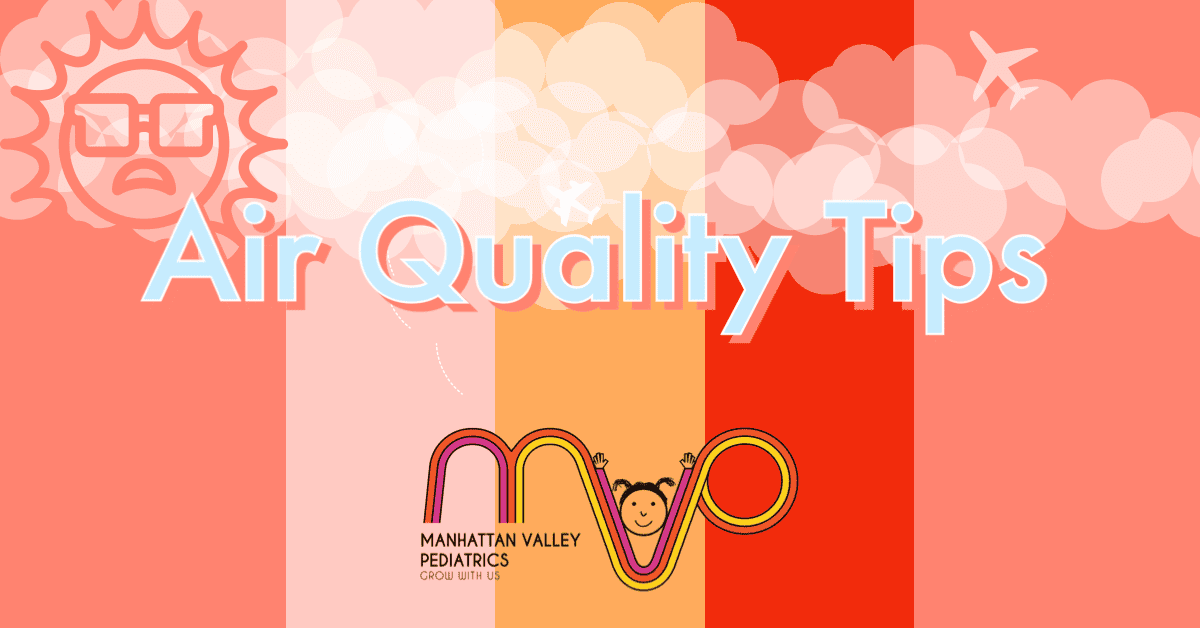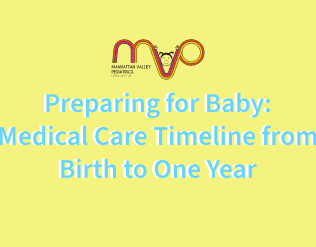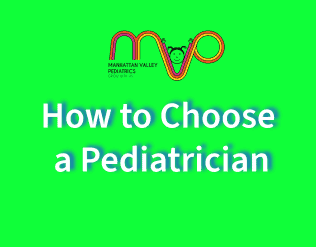Air Quality Tips for Parents
Save and share these tips from NYC pediatrician and mom of two, Dr. Judith Hoffman, on decreasing exposure to harmful pollutants like smoke.
As the skies over NYC turned a glowing orange on Tuesday night due to wildfires in Canada, we suddenly became acutely aware of the AQI or Air Quality Index. Previously, most of us paid little to no attention to this number daily, but now you can’t walk a block on the Upper West Side without hearing it being muttered by everyone you walk by.
So… what is the AQI?
The Air Quality Index comprises five components:
- ozone,
- particulate matter,
- carbon monoxide,
- sulfur dioxide,
- and nitrogen dioxide.
The index runs from 0 to 500, with higher numbers being more dangerous. Any level < 100 is considered acceptable ( <50 is ideal.) Levels from 100-150 are considered dangerous for “sensitive groups”- people with lung disease, heart disease, the elderly, young infants, and children. Levels over 150 are unhealthy for all groups; over 300 is considered an emergency. You can check out the chart here.
Asthmatics or individuals with lung disease may experience increased cough or difficulty breathing when exposed to increased pollution levels. You may see cough, eye, or throat irritation in young infants or children. At levels > 150, otherwise, healthy individuals may also experience throat or eye irritation.
Unfortunately, due to climate change, we are seeing more wildfires worldwide. The consequence is occasional acute spikes in the AQI, putting sensitive groups at risk and, at times, the general public.
Here are a few tips to decrease exposure to harmful pollutants when
the AQI is elevated:
1. Stay inside as much as possible, especially when the AQI is > 150.
2. Avoid exercise outdoors when the AQI is > 100
3. Keep windows closed.
4. Run an air purifier; if you don’t have one, run the air conditioner constantly with recirculated rather than fresh air.
5. Avoid using oven hoods or bathroom exhaust fans, as they can bring in air from the outside.
6. If you don’t have an air conditioner or air purifier, turn on fans.
7. Wear a well-fitted N95 when outside.
8. If you have a chronic medical condition, ensure you are monitoring levels and prepared with emergency medications like albuterol inhalers. Talk to your doctor about your needs to prepare for another bad AQI day.
If you have any further questions about air quality or concerns that your child is suffering
symptoms due to increased pollution exposure, please reach out, as always MVP is here for you
and your family.




